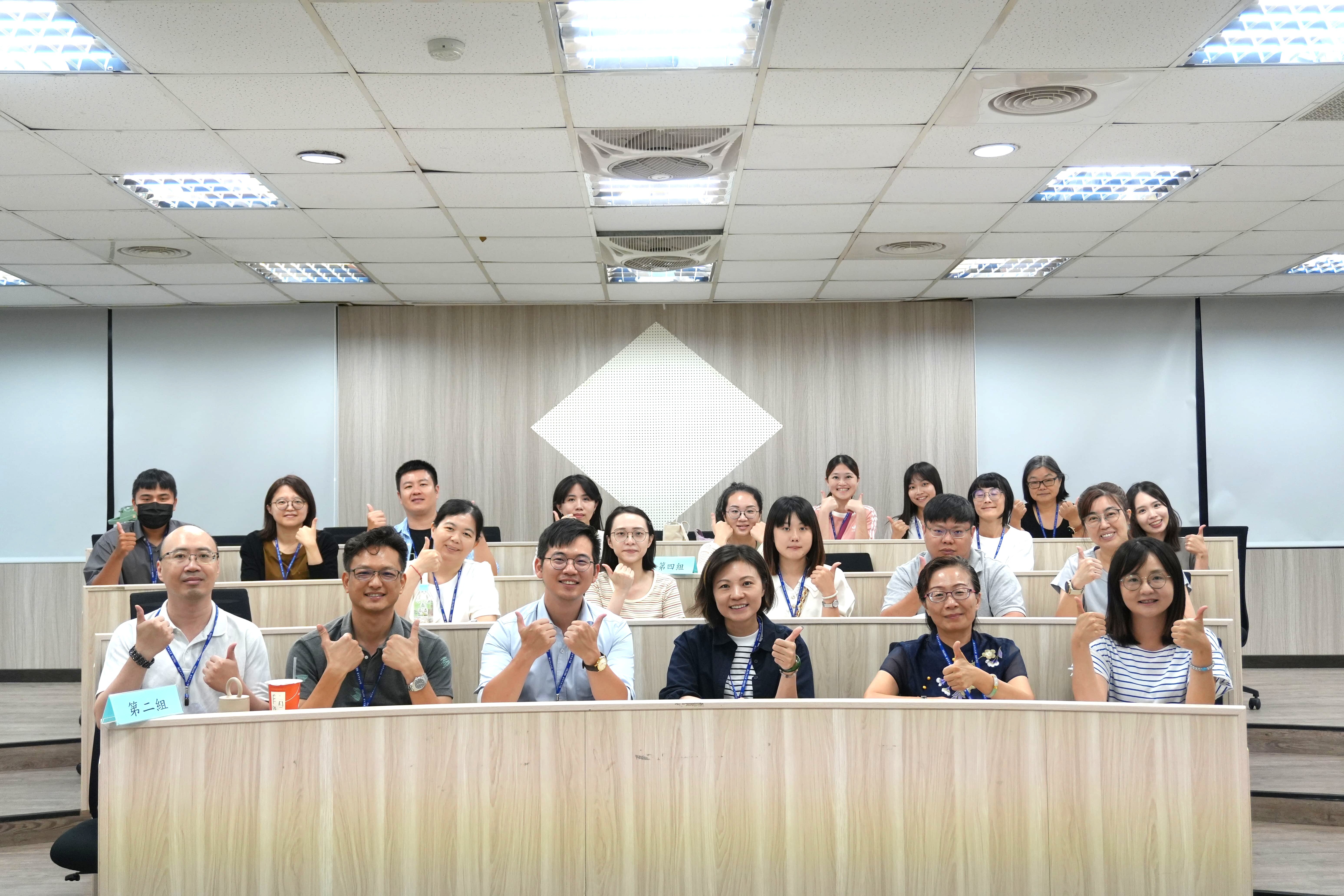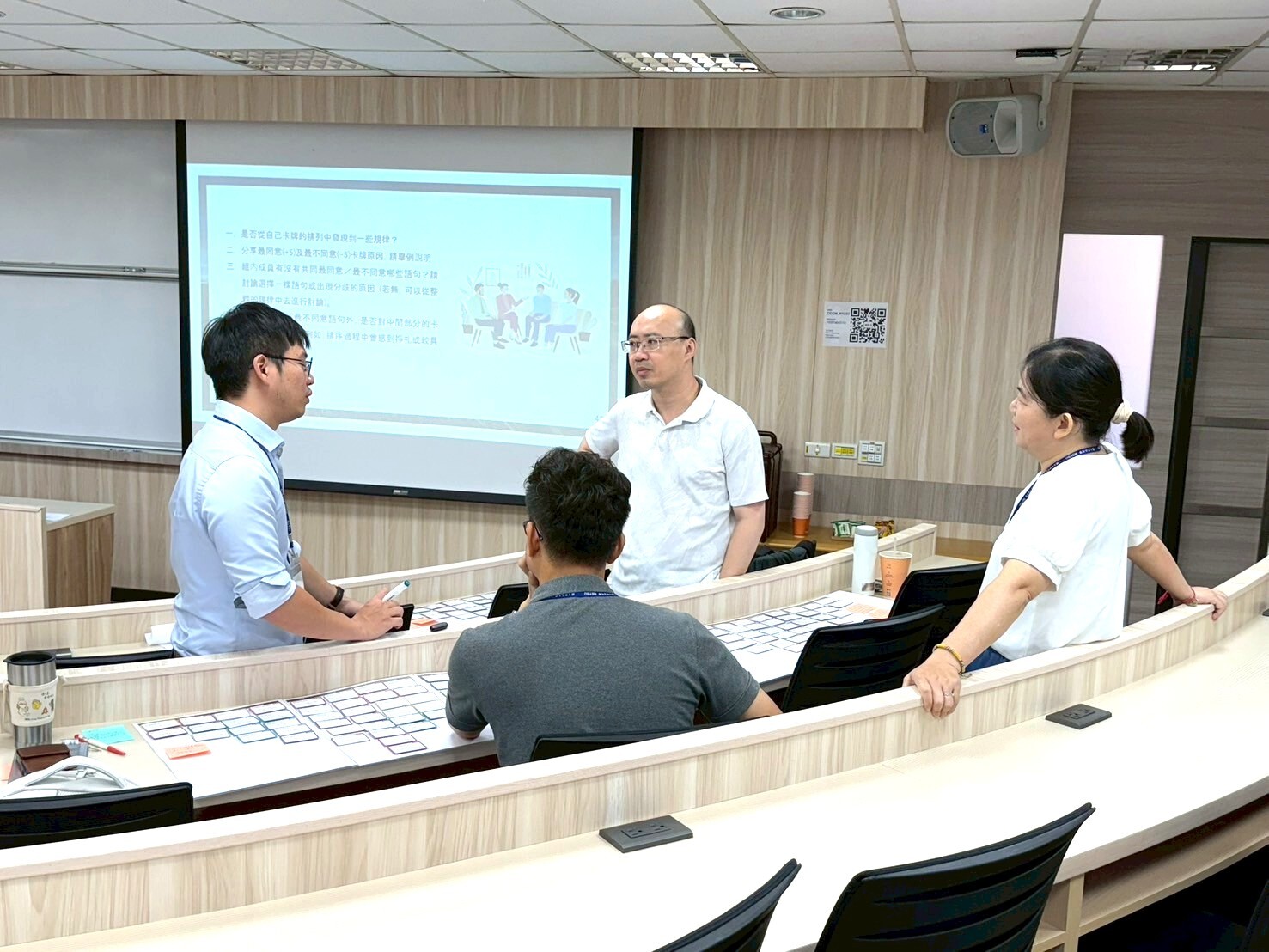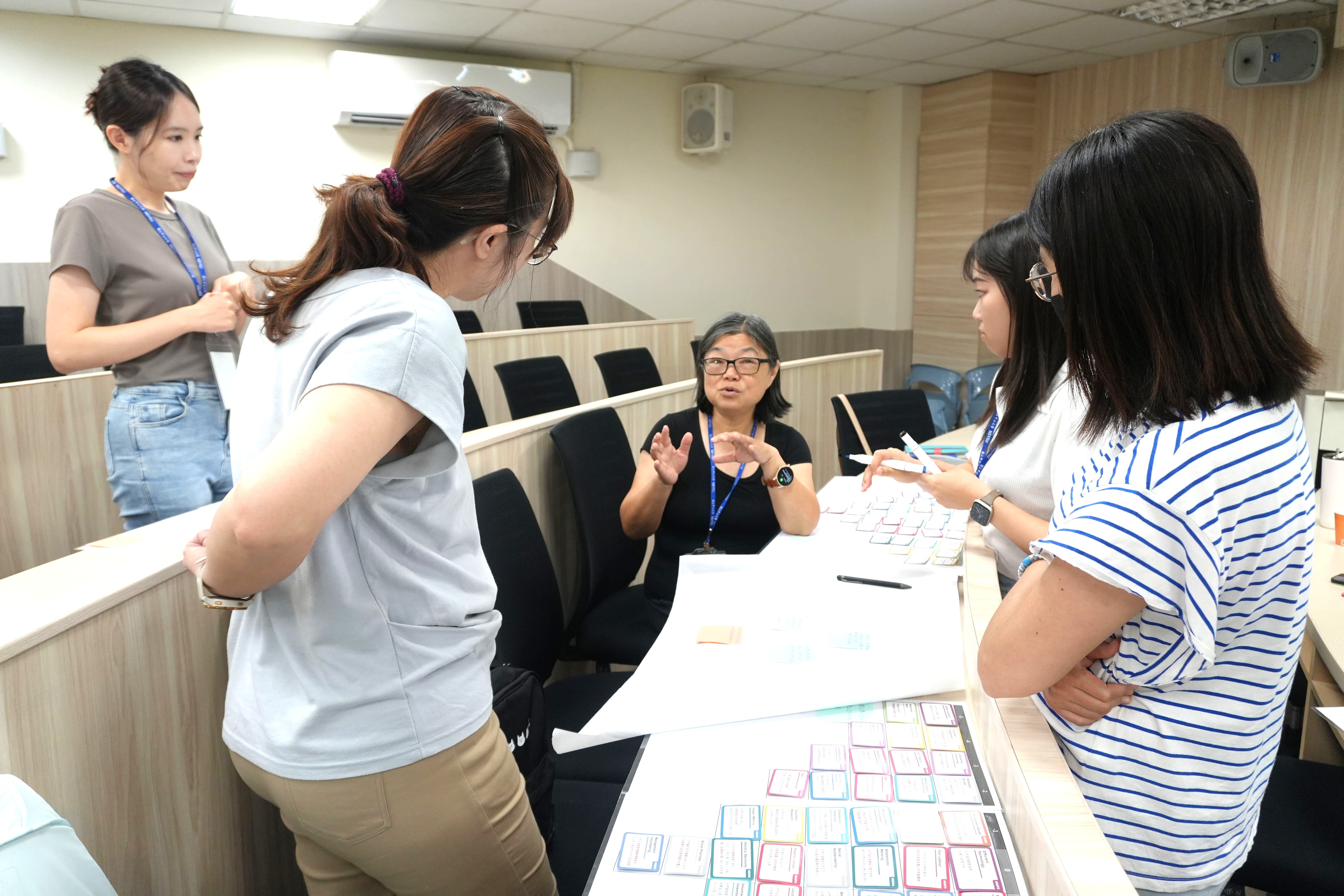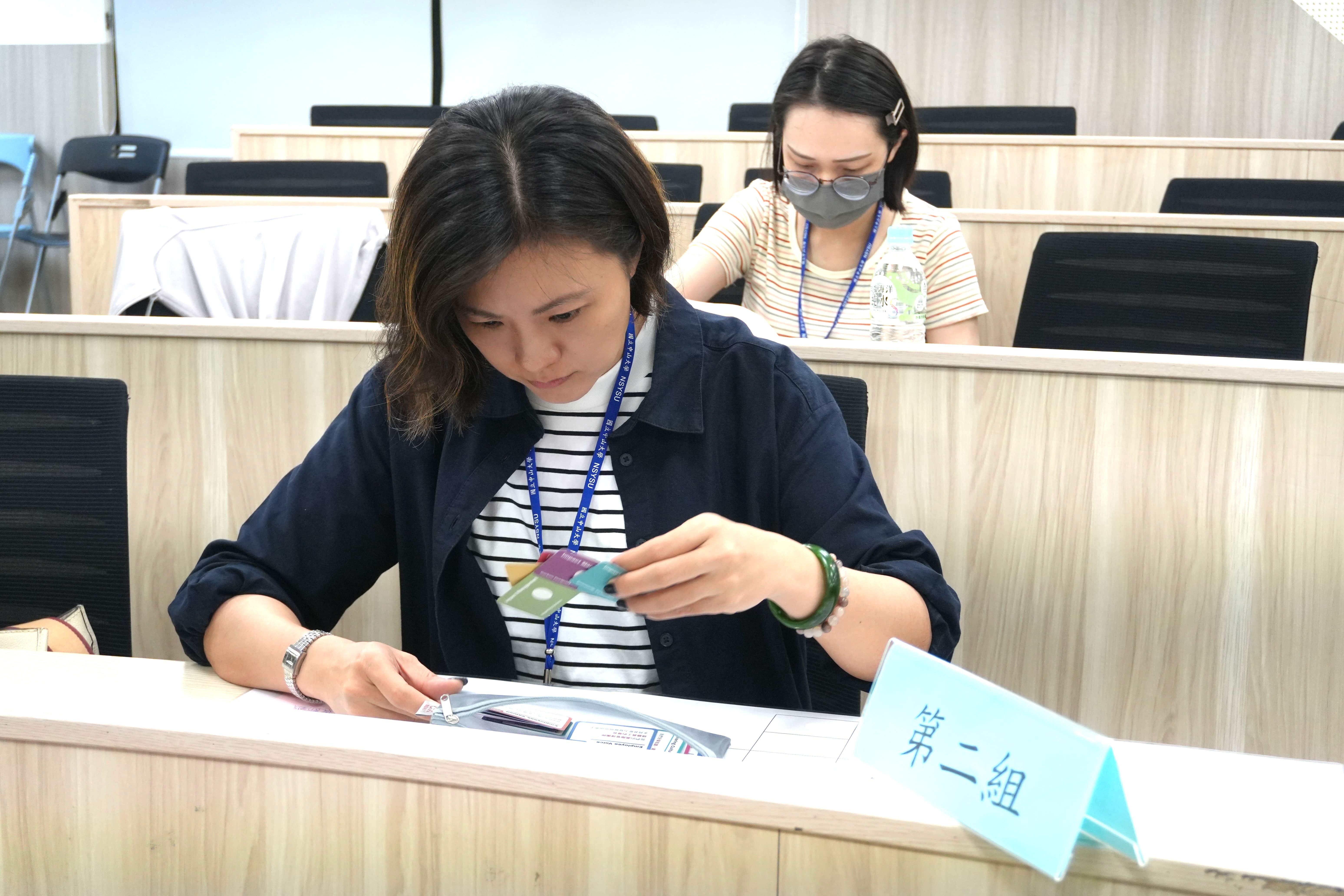2025 Impact Management Tools & Co-Creation Workshop in Kaohsiung (2025/09/13)
2025/09/13
2025 Impact Management Tools & Co-Creation Workshop in Kaohsiung

On September 13, 2025, the Center for Strategy and Human Capital Research at National Sun Yat-sen University held the Southern Session of the “Social Impact Management Co-Creation Workshop.” The event brought together corporate representatives and sustainability practitioners from industries in southern Taiwan, including information technology, healthcare, retail, and food, to jointly explore how organizations can maximize their social value and sustainability impact under limited resources.
The workshop began with Professor Ho guiding participants to reflect on the essence of “impact,” encouraging them to consider how, in contexts of limited funding, manpower, and time, organizations should prioritize investments that can bring about the greatest change. The session then introduced the core concepts of “impact measurement and management,” emphasizing that the commonly reported “input data” or “activity outcomes” in sustainability reports merely reflect contributions. True social impact lies in tracking the changes in people, society, and the environment resulting from these actions. Thus, effectively managing and measuring such changes constitutes the core value of social impact management tools.
In the co-creation session using the Social Impact Management Cards, each participant was asked to rank the cards based on their company’s situation and personal judgment, and then exchange perspectives and reasoning within their groups. This design not only prompted participants to reflect on their companies’ priorities in sustainability transformation but also revealed the diverse interpretations of “social value” across industries. Some groups demonstrated strong consensus on specific issues, while others encountered divergent views, sparking deeper discussions.
For instance, representatives from the retail sector noted that their highest-ranked cards were mostly related to “solving social problems,” while “products and services” received relatively low scores. They explained that their sustainability initiatives were largely centered on addressing social issues, whereas the characteristics of their products or services made it harder to extend related practices. By contrast, participants from the healthcare sector shared that their business scope naturally aligned with sustainability topics, making such actions a higher priority. They further commented that while healthcare institutions already had numerous awards and KPI achievements, adopting a tool to quantify impact and use it as a basis for decision-making would be of greater practical value—one of the key reasons they joined the workshop.

Many participants expressed that the card exercise helped them more clearly identify their organizations’ strengths and blind spots in sustainability efforts, while cross-industry exchanges sparked new ideas. The workshop served not only as a platform for knowledge sharing but also as a co-creation space for professionals from diverse backgrounds to collectively reflect on how to embed social value into daily operations.
This workshop marked the beginning of Phase One: Co-Creation of Management Tools. The subsequent research will move into Phase Two: Impact Management Process Design, with ongoing invitations for interested partners to participate. Professor Ho shared that 4 to 5 models will be developed, differentiated by company size as well as between local Taiwanese firms and multinational corporations. These models will be scenario-based, enabling companies to identify practical pathways tailored to their industries. Once completed, related reports will be shared with interested participants.
Through this series of activities and continuing research, the Center aims to gradually establish a set of social impact management process tools aligned with industry needs. These tools may serve as a reference for companies to pursue not only economic benefits but also more precise sustainability decision-making.



